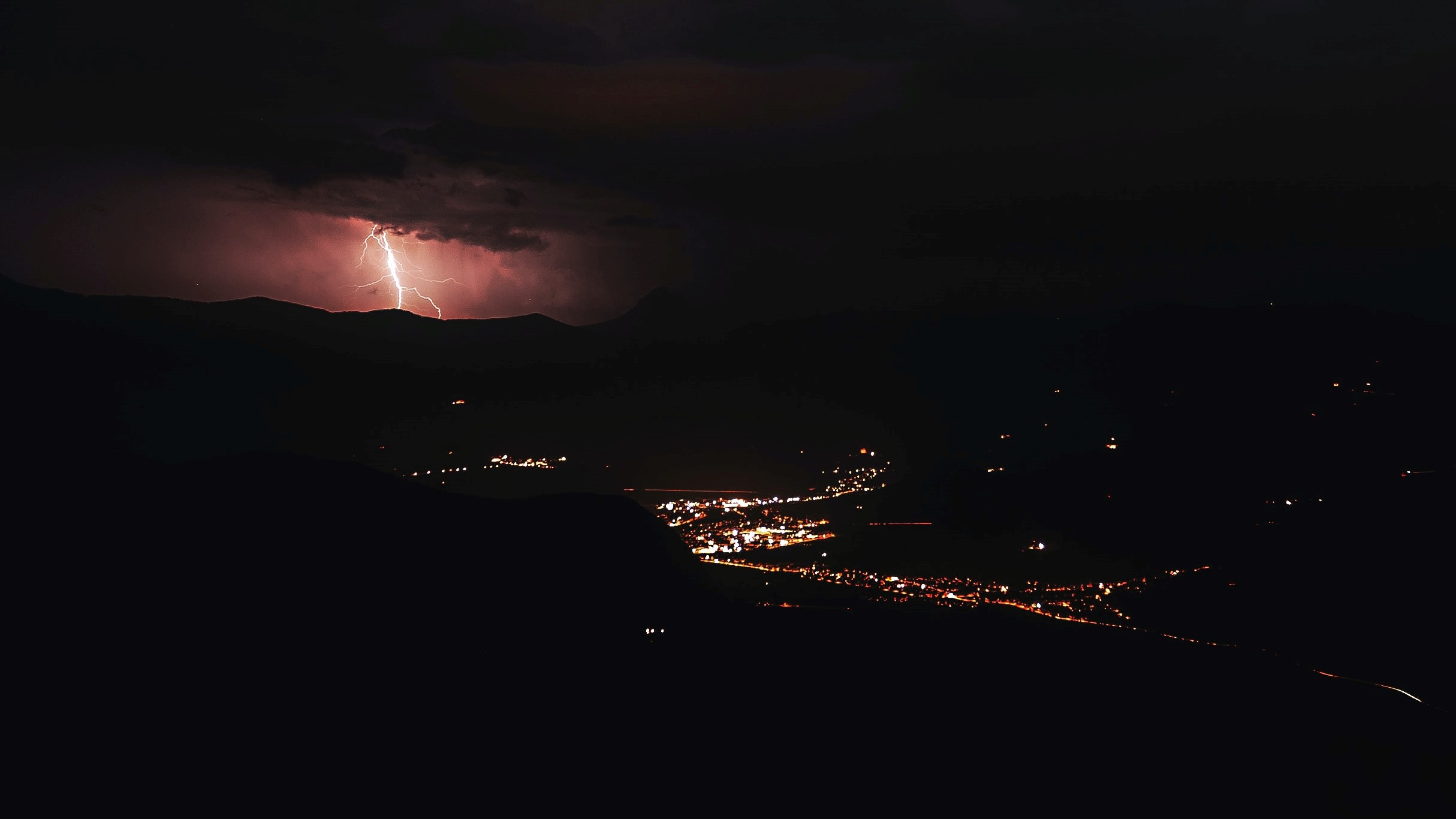Metservice says there is a possibility of heavy rain in some of the cyclone-impacted areas over the rest of the week, and further cyclones in the wider South Pacific the coming weeks.
It comes after areas of the North Island have been repeatedly hit with deluges this summer, including Cyclone Hale, the record-smashing Auckland Anniversary weekend floods, and Cyclone Gabrielle.
The SMC asked experts to comment on disaster fatigue.
Dr Lauren Vinnell, Lecturer (Emergency Management), Joint Centre for Disaster Research, Massey University, comments:
“How people respond to new threats of something they’ve just experienced depends a lot on the nature of that experience. For those who are still in response mode, without power and stable communication, the threat of another event could be overwhelming. People who were really badly impacted might become fatalistic, so they might not see the point in preparing or might not heed warnings. Conversely, those who were warned about previous events but weren’t impacted too badly might not take new warnings as seriously.
“We know that most people will psychologically recover from natural hazard events and develop increased resilience with time and some support. However, for a lot of people facing these heavy rain events this won’t have happened yet. This can lead to disaster fatigue, which limits how well people can respond in the short term and can lead longer-term to people moving out of their area and ongoing mental health challenges. Communities who support each other tend to fare better, even during repeated disasters, so making sure communities have what they need to help themselves and at least meet their basic needs, while also making sure they know they are not facing these challenges alone, is important right now.”
No conflicts of interest to declare.
Dr Ian de Terte, Associate Professor/Clinical Psychologist, School of Psychology, Massey University, comments:
“I’m hearing from first responders who are getting stressed and short.
“When emergency situations drag on, first responders need to have a breather. We know from the 2004 Indian Ocean tsunami that the first responders didn’t want to let go of their work. It’s human nature to want to help people, but taking some time out is also important. While it may not be possible to have an extended rest, even little things like 10-15 minutes of downtime can be helpful.
“When people get tired they are more vulnerable. First responders accept that people will make all sorts of choices in extreme situations. However, that compassion isn’t always extended to themselves. Mistakes are going to happen under time pressure and first responders need to remember to be kind to themselves in those situations.
“For wider communities: getting prepared and organised, and avoiding panicking, will be really helpful. If emergency management say you should evacuate an area, listen to them. Don’t be shy to check on neighbours. And don’t be afraid to ask for support if you need it. For example, getting essentials or picking children up. We know from the Canterbury earthquakes that you’re more likely to get through things if you have the support of other people in a similar situation.”
Conflict of interest statement: “Ex-member of the New Zealand Police.”
Gaynor Parkin, clinical psychologist and founder, Umbrella Wellbeing, comments:
“While worry and anticipation of more disaster is completely understandable we encourage people to focus on practical preparation, and to balance this with emotional preparedness. Balance is important here as we don’t want to jump ahead to catastrophising which uses up valuable energy.
“To look after yourself and those around you, it is important to focus your energy on being in the present. If this is difficult try simple grounding techniques when you find your mind racing: breathe deeply and focus on what you can see, hear, and feel in the moment.
“Find certainty in the realities of your “here and now” and focus on these certainties rather than the “what ifs” – acknowledging that this is hard to do.
“Importantly, try to focus on what is in your control and let go of what is not. If it helps, make a list of what you can do to help the current situation (e.g., “I can cook for my neighbours, and donate my time to the clean-up efforts”) and gently nudge away any feelings that relate to circumstances out of your control right now (e.g., “Will the insurance company accept my claims?!”). You cannot control other people or “fix” the devastation caused by the cyclone.
“Try to find some balance in the positives and negatives. Read up on positive stories of community spirit as often as you read the doomsday headlines. There is no guilt in feeling joy in times like these, so stock up on laughter and connection where you can. Coming together as a community is one of the most helpful things we can do in the aftermath of a disaster.”
No conflict of interest declared.
